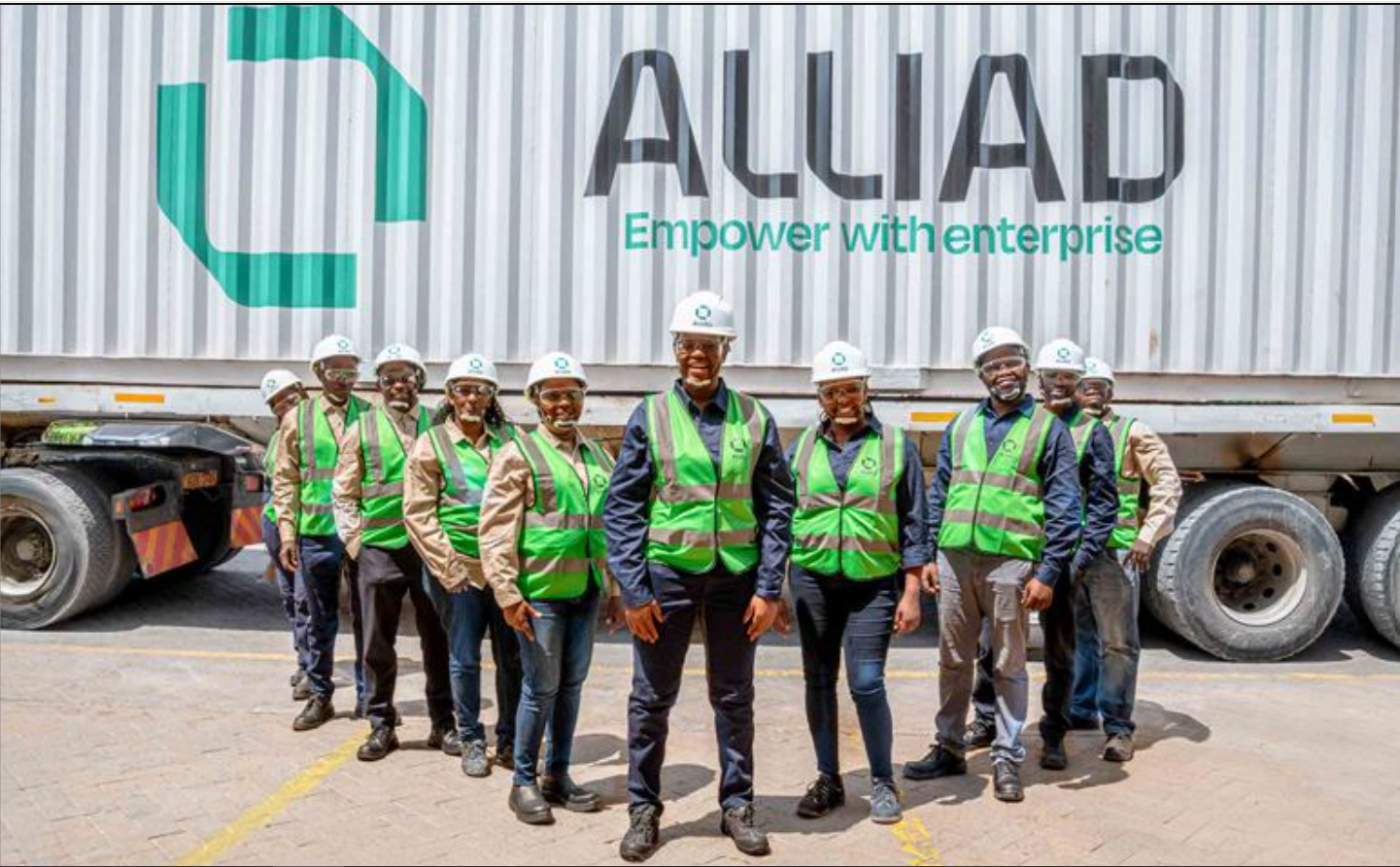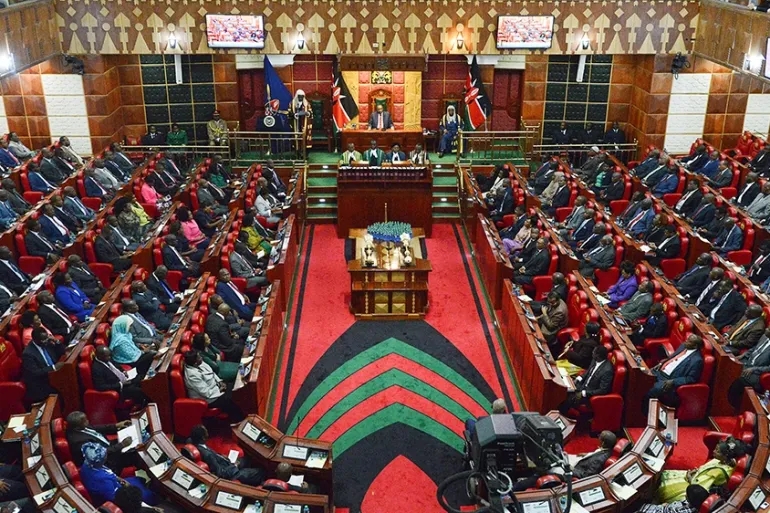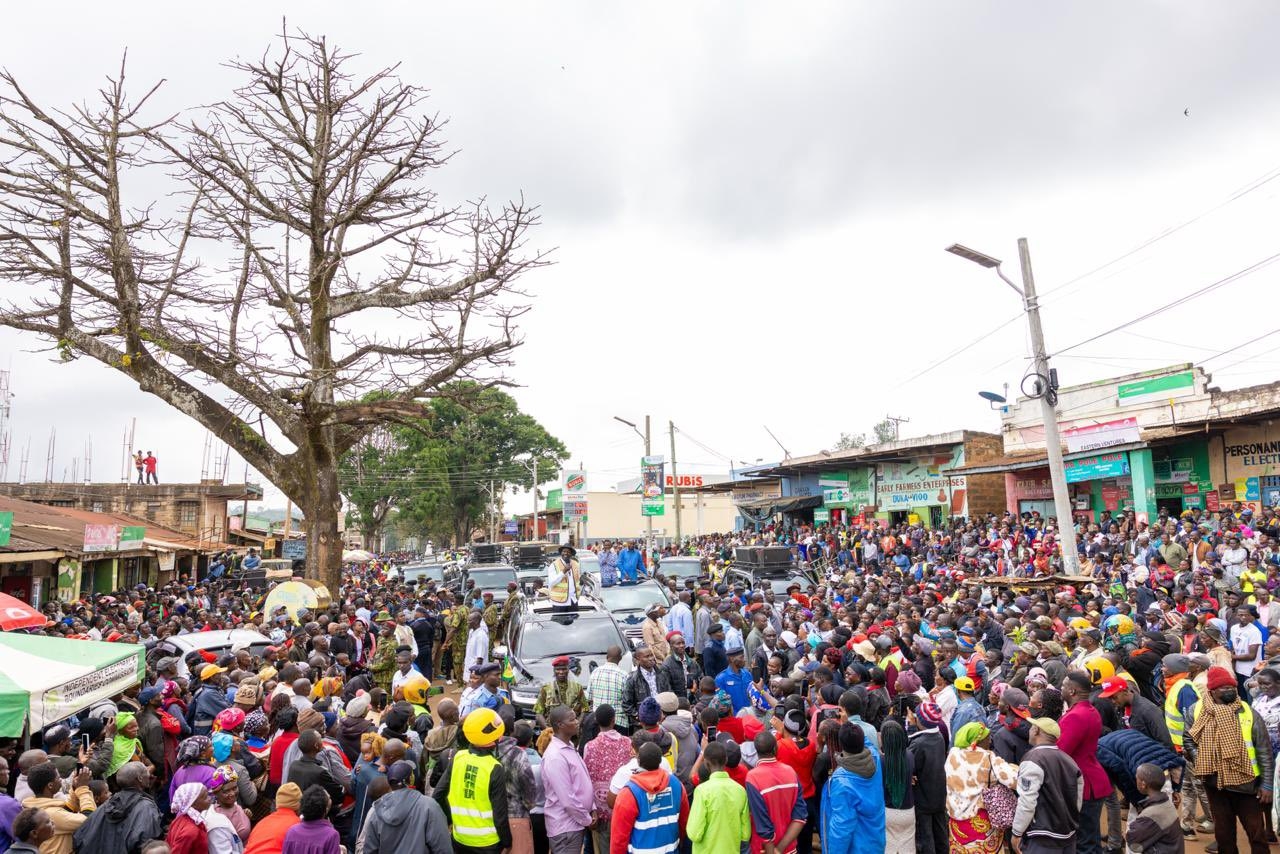 Industry analysts note that Kenya’s growing logistics sector is supported by new infrastructure investments
Industry analysts note that Kenya’s growing logistics sector is supported by new infrastructure investmentsKenya’s logistics sector is increasingly turning to artificial intelligence (AI) and automation to streamline operations, cut costs, and enhance supply chain transparency.
From route optimisation and fleet management to warehouse automation and procurement, logistics firms are embedding AI tools into their daily operations to improve accuracy and sustainability in an industry long plagued by inefficiencies and high fuel costs.
Global integrated services company Alliad has also announce that it is ramping up its digital transformation efforts in Kenya, using artificial intelligence (AI) and advanced telematics to enhance logistics efficiency, transparency and sustainability across its East African operations.
In its 2024 Sustainability Report, the company cites Kenya as a key driver of its regional digital strategy, leveraging new technologies to improve route optimization, reduce operational risks, and boost overall performance in the supply chain and procurement functions.
According to the report, Alliad Kenya has implemented AI-powered monitoring systems and digital fleet management tools that provide real-time data on driver behaviour, vehicle health, and delivery patterns.
“These tools allow us to , improve route optimisation and delivery accuracy by leverage data for better decision making, continuous improvement and cost efficiency,” the report reads in part.
These systems allow for preventive maintenance, early detection of mechanical issues, and better decision-making based on data analytics.
“Digital transformation is at the heart of how we operate in complex environments,” said Alliad’s Global CEO, Rashad Sinokrot, in the report. “By integrating technology into logistics and procurement, we’re not only improving efficiency but also promoting sustainability and transparency in every market we serve.”
The company, which operates in over ten countries across Africa and the Asia-Pacific region, has made Kenya a hub for innovation in transport digitalisation.
The new telematics systems enhance route accuracy, reduce downtime, and ensure compliance with safety standards — key benefits in an industry where logistics delays can affect humanitarian aid, construction, and energy projects.
Alliad’s Kenyan operations have also expanded their digital procurement systems, linking supplier onboarding with environmental, social, and governance (ESG) criteria. The platform enables automated vendor vetting, real-time compliance tracking, and improved data accuracy in supplier performance.
“Digital procurement allows us to work with suppliers who share our sustainability values,” the company said in the report. “By integrating ESG standards into our systems, we can ensure fair business practices and strengthen accountability across the value chain.”
In addition to telematics and procurement automation, Alliad Kenya is digitising its inventory management through wireless barcode scanners and warehouse management systems. The upgrades have reduced manual errors, increased stock visibility, and improved turnaround times for client orders.
The company’s digital strategy reflects a broader move by global logistics providers to embed sustainability into their business models through technology. By cutting fuel wastage, optimising deliveries, and improving data-driven oversight, Alliad aims to lower its environmental footprint while maintaining service reliability.
Industry analysts note that Kenya’s growing logistics sector — supported by new infrastructure investments and regional trade integration — is creating demand for smarter, more sustainable supply chain models. Alliad’s initiatives could set a precedent for other firms operating in challenging and remote conditions across East Africa.
The company, which rebranded from GCC Services in 2023, has maintained a strong presence in the region for over a decade, providing engineering, logistics, and facilities management services. Its focus on AI and digital innovation aligns with Kenya’s own push for automation in the logistics and manufacturing sectors under the country’s digital economy blueprint.













